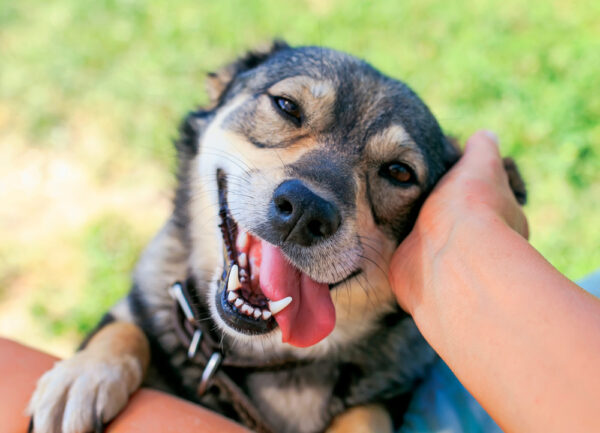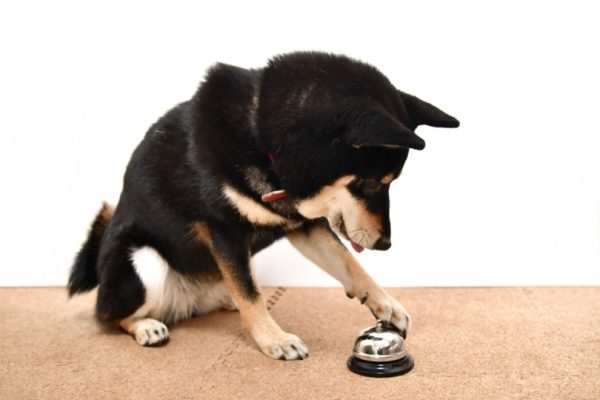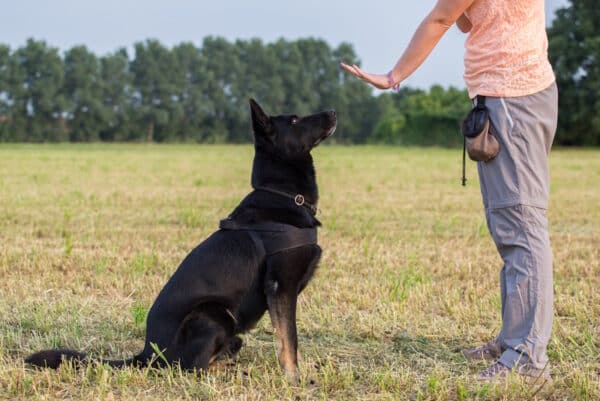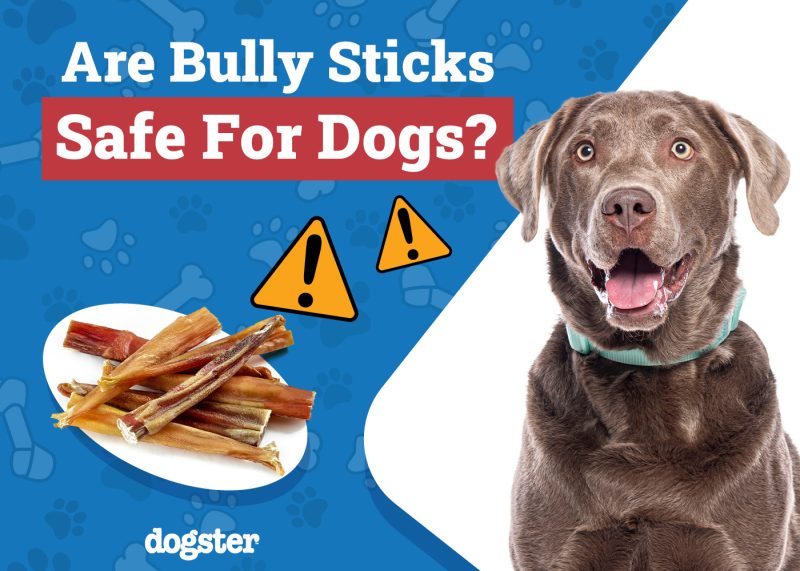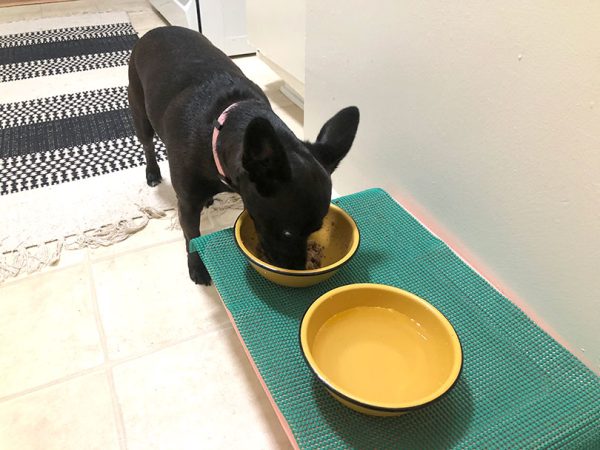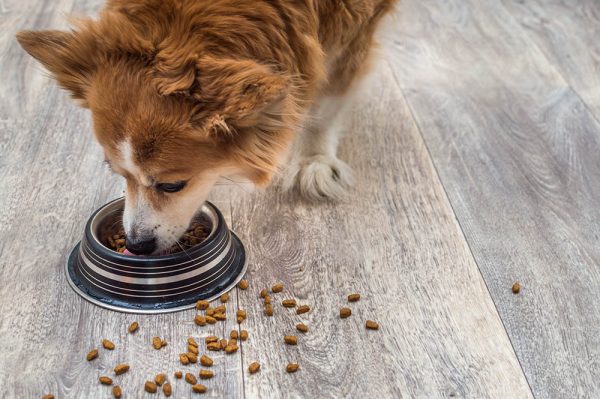In this article
While dogs can enjoy many of the same foods as humans, they should not eat spicy food. Although most spicy food isn’t toxic to dogs, it can still lead to negative consequences. So, it’s best to avoid giving any to your dog.
Here, we go over why it’s not a good idea to feed spicy food to your dog and what to do if your dog accidentally eats something spicy.

Why Dogs Can’t Eat Spicy Food
Dogs experience taste differently from humans. Humans have an average of 9,000 taste receptors, and dogs have a significantly lower number of 1,700 taste receptors. So, a dog’s sense of taste may be more limited than a human’s sense of taste. However, they can still identify sweet, sour, salty, and bitter.
Some dogs can be more spice-tolerant than others, and some may not experience the pain of spice as strongly as humans can. This doesn’t mean that it’s safe to feed spicy food to dogs, though. While they may not experience the same pain as humans can, they can still experience the effects of the spiciness.
Dogs can still feel discomfort and irritation in their mouth after biting into something spicy. If they swallow spicy food, it can cause an upset stomach that can result in vomiting or diarrhea.
Along with spiciness, a lot of spicy food contains other ingredients that are harmful to dogs. For example, hot sauces can contain garlic powder or onion powder, which are toxic to dogs. Other unsafe herbs and spices commonly found in spicy food include bay leaves and mustard powder.
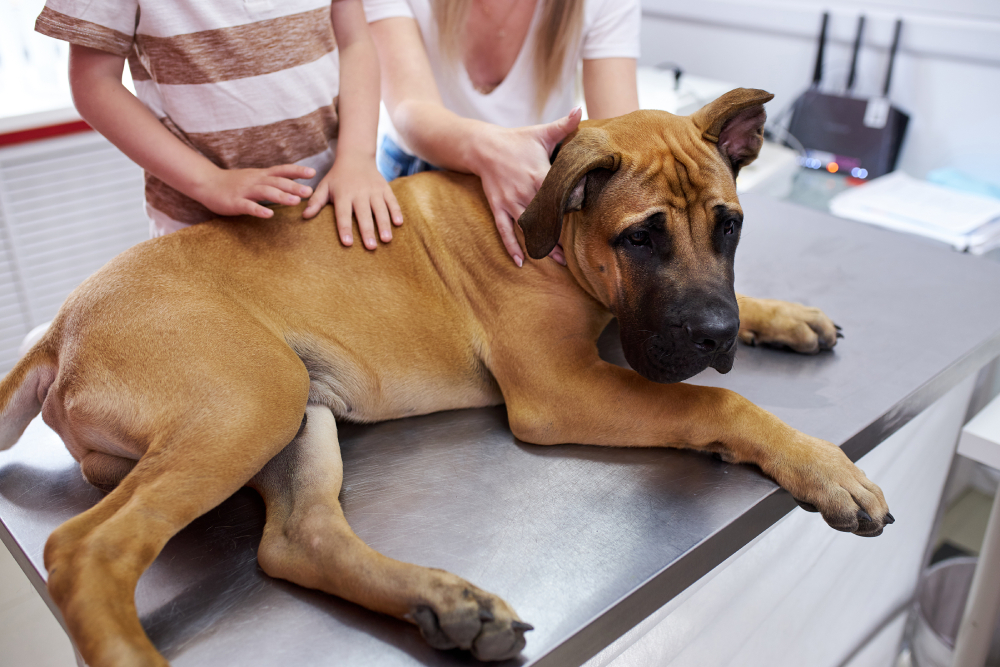
What to Do If Your Dog Eats Spicy Food
Even the most watchful and responsible dog owner can still encounter an incident where a clever dog sneaks in a bite of spicy food. If you notice or suspect that your dog has eaten something spicy, contact your veterinarian right away.
Even if your dog may not show any signs of discomfort, they could eventually develop signs of gastrointestinal upset. You’ll also want to call your veterinarian because the food can contain other harmful ingredients.
When you call your veterinarian, make sure to have specific information on hand. Ingredient lists can be helpful in determining exactly what your dog ingested. It’s also helpful to provide information on the amount of food your dog ate.
Depending on the level of spice and ingredients your dog ingested, you may just have to monitor their condition for the next several days or take your dog to your veterinarian. In cases of poisoning, you’ll have to drive your dog to emergency care.
Timing is of the essence when it comes to ingesting food. So, don’t hesitate to contact your veterinarian. It’s always better to be safe than sorry.
If you need to speak with a vet but can't get to one, head over to PangoVet. It's our online service where you can talk to a vet online and get the advice you need for your pet — all at an affordable price!

In Conclusion
While peppers and other spicy vegetables may not be toxic to canines, they still contain elements that can cause significant discomfort to your dog. Hot sauces and spicy dishes also usually include other ingredients that have toxins. So, make sure to avoid feeding spicy food to your dog. If they do manage to swallow something spicy, respond quickly by calling your veterinarian right away.
See Also:
- Why Does My Dog Poop Immediately After Eating? (5 Potential Causes)
- 11 Best Canned & Wet Dog Food Options for Sensitive Stomachs
Featured Image Credit: Shebeko, Shutterstock





